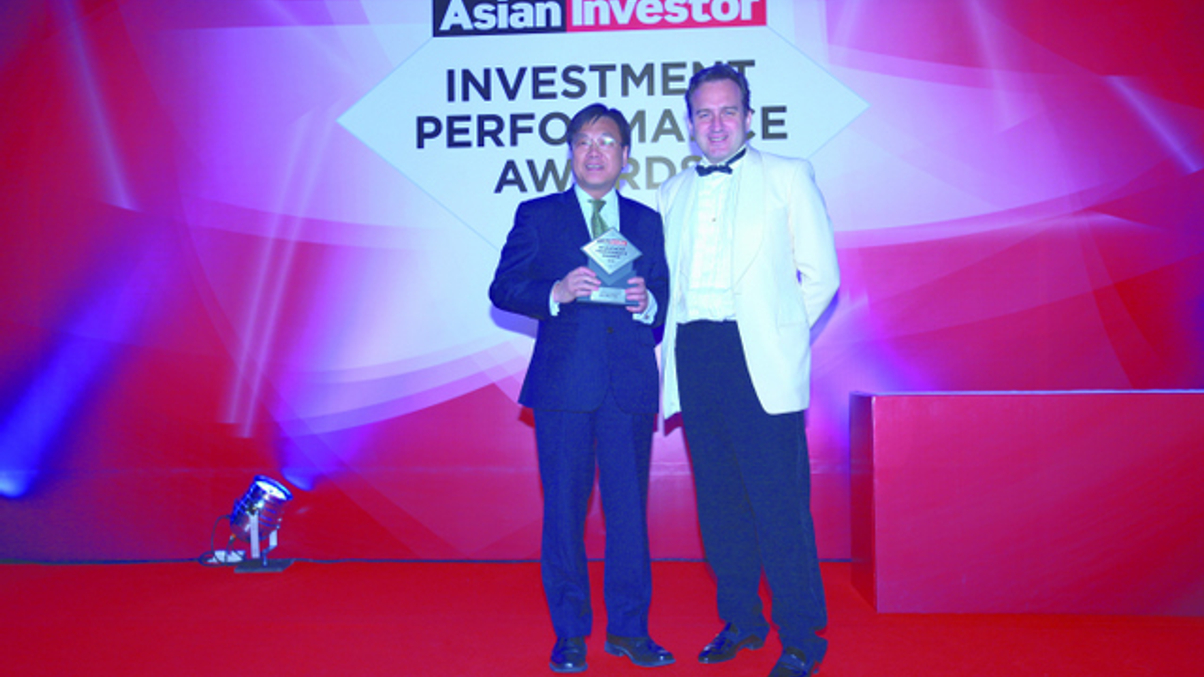HSI to fall to 16,000 when Europe has its next fudge?
Hedge fund manager China Eagle is poised to move if and when Europe’s next period of
indecision strikes.

Yuming Ying, manager of the China Eagle Fund, a Hong Kong-based hedge fund, confirms he will start increasing his net exposure to the Hang Seng Index if the markets take another dive.
Sign in to read on!
Registered users get 2 free articles in 30 days.
Subscribers have full unlimited access to AsianInvestor
Not signed up? New users get 2 free articles per month, plus a 7-day unlimited free trial.
¬ Haymarket Media Limited. All rights reserved.


